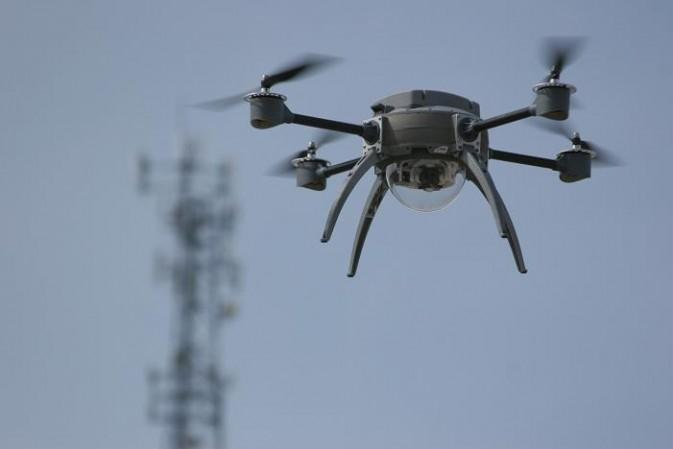
Come December 1, individuals and companies will be able to fly unmanned aerial vehicles (UAV) or drones in areas excluding sensitive areas, according to the Remotely Piloted Aircraft System (RPAS) regulations released by the Ministry of Civil Aviation on Monday.
To get permissions and approvals, operators will need to apply to the Digital Sky Platform (DSP) portal, which is the first unmanned traffic management (UTM) system in the country, for using drones for photography and recreational use.
However, commercial use of drones, including as taxis and delivery vehicles, will not be allowed as of now but the ministry is open to changing regulations as the technology matures.
"Our endeavour is to be a world leader in the drone ecosystem. These rules are among the most user-friendly regulations anywhere in the world and place us in a select group of nations. The policy roadmap will encourage all stakeholders in the unmanned aerial vehicle ecosystem and we hope the initiatives we have put in place will help in the creation of a vibrant new industry," said Union Civil Aviation Minister Jayant Sinha.
According to the regulations, permission will not be needed for flying drones which weigh less than 250gm within visual range. However, operators have been advised to keep the local police in the loop and not to infringe the privacy of any individual.
The ministry says users will be required to do a one-time registration on DSP for owners, pilots and drones. For every flight, except drones weighing less than 250gm, users will seek permission through an app and an automated process will give or deny permission instantly.
UTM is the traffic regulator for the drones and it coordinates with both civilian and defence air traffic controllers to keep drones out of the flight paths of airliners and military aircraft.
Every Remotely Piloted Aircraft System (RPAS) will be issued with a unique identification number upon registration. Non-registration will be seen as a violation of the law and strict action will be taken against the guilty.
RPAS will be divided into five categories — nano, micro, small, medium and large — based on their weight.
Directorate General of Civil Aviation (DGCA) has earmarked 23 sites in the country where drones will be tested.
"Whenever someone approaches us with a new idea like using UAV's for deliveries or for agriculture we will test these concepts at one of the 23 sites," said a DGCA official.
For use in restricted airspace or 'no drone zones', clearance from defence and civilian authorities will be a must. 'No drone zones' include international border, strategic and vital military complexes and state secretariats among others.

















